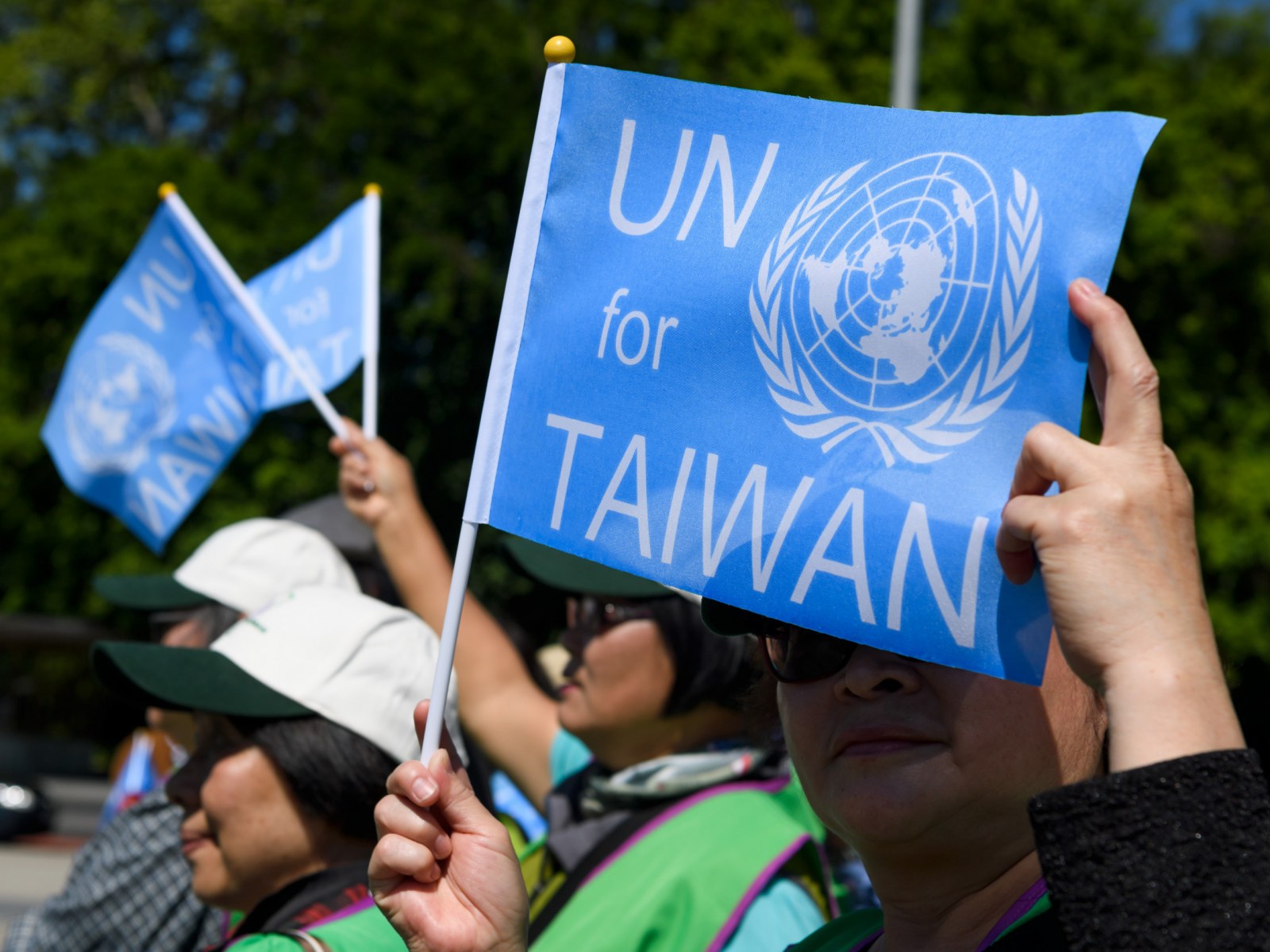Tsai Ing-wen May Be Turning into Trump, but Chiu Kuo-cheng Will Have a Hard Time Playing Milley
(Taiwan) on 2 November 2021
by (link to original)
Imagine how dangerous the situation must have been for the military chief of the provoking party to send a secret message to the general of his opponent to assure him that he was not trying to start a war. And if the CCP had not believed Milley's assurances, or if it had taken undue action in response to Trump's constant provocation, then, in a situation that could easily have spiraled out of control, wouldn't Taiwan be at the forefront of this rivalry between the U.S. and China? What is alarming is that we have always treated tensions in the Taiwan Strait as a cross-strait matter, but in the context of the U.S.-China confrontation, Taiwan has become a pawn or bait to be used by the two powers. Judging from Milley's two secret messages, I am afraid that we must rethink our position.
During the Trump presidency, there were two critical moments in the U.S.-China confrontation: one before and one after the U.S. election last year. At the time of the presidential election on Nov. 3, the polls did not favor Trump's reelection, but Trump remained confident, and the Democratic Progressive Party also bet on Trump's winning a second term. Twelve days before the election, the United States, Japan and Australia held their fifth joint military exercise in the South China Sea, and there were even rumors of using drones to attack Chinese Communist facilities on the islands there. At the time, there was talk of an "October Surprise" in the U.S., mainly because Trump was trying to boost his own popularity by heightening the tensions between the U.S. and China. In response, the CCP intensified its interference with Taiwan by military aircraft, and intruded into our southwest air defense identification zone, prompting Milley's messages to Li on Oct. 30.
The second critical moment in the U.S.-China standoff was the disgrace to American democracy brought about by Trump's supporters when they stormed the Capitol on Jan. 6 after the fiasco of the vote recounts confirmed Trump's loss. Trump still refused to stop, as Secretary of State Mike Pompeo announced on Jan. 8 that Ambassador Craft would visit Taiwan on Jan. 13, and the next day announced the lifting of restrictions on U.S.-Taiwan relations. All these actions infuriated the CCP, and the CCP army's Eastern Theater immediately began combat training. The key point is that Trump would be leaving office on Jan. 19. If he intended to be friendly to Taiwan and enhance the relationship between the U.S. and Taiwan, why did he wait until a few days before stepping down to do so? Very clearly, he was treating Taiwan not only as a pawn, but as a pawn that could be sacrificed at his convenience.
Trump sent Craft to Taiwan for two reasons: first, to divert global attention from his supporters who were storming the Capitol, and second, to use his remaining time in office to cover up the humiliation of his loss. Interestingly, on the same day that Pompeo announced Craft's visit to Taiwan, Milley called Li for the second time to tell him that Craft would not visit Taiwan. On the same day, House Speaker Nancy Pelosi spoke with Milley, worried that Trump could allow nuclear missiles to be "accidentally launched." Milley assured her that he had taken "precautions."
Following a book by Washington Post reporters these events, Milley came under a lot of pressure, and Trump went so far as to accuse him of treason. But if one thinks about it closely enough, was it Trump, arrogant and fickle, who betrayed the people's trust; or was it Milley, prudent and loyal to his country, who failed to take into account the interests of the country? Judging from the election results, the American people's answer should be clear!
In recent years, the Tsai government has relied on the ostensible support of the United States, disregarding Taiwan's security and autonomy, and cooperating again and again with the United States' script, overstepping its responsibilities to protect the country. Trump did not care that he angered the CCP because his nation is far from the front lines of battle. However, President Tsai Ing-wen is willing to put Taiwan in the line of fire while falsely calling it an "alliance of values." In a recent interview with CNN, Tsai also deliberately exaggerated the presence of "U.S. troops in Taiwan," showing how much she has become Trumpified. In the end, she had to rely on Minister of National Defense Chiu Kuo-cheng to clarify that it was "assisted training" and not a permanent corps of troops.
For the sake of the election, Tsai can put on a performance with Trump's brand of passion; however, can we expect Chiu to play Milley's role?


